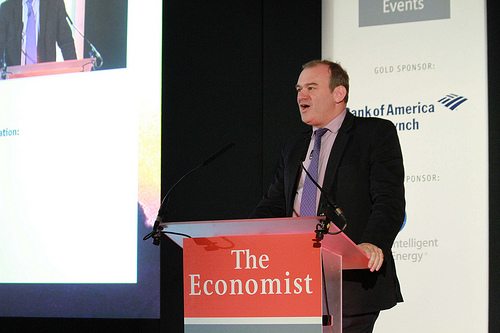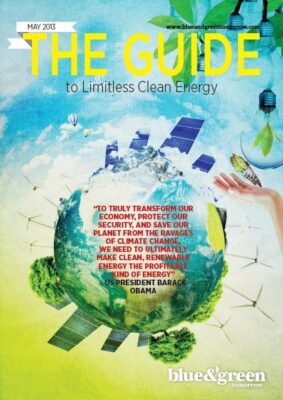

Features
Urgent challenges fuel debate at the Economist Events’ UK Energy Summit 2013
The UK can no longer afford to bury its head in the sand when it comes to climate change. This was the rallying call from energy secretary Ed Davey during his opening speech at the Economist Events’ UK Energy Summit 2013.
Held on Thursday June 27 2013, the event saw leaders from across the energy sector address the urgent challenges faced by the UK as it strives to meet 2020 targets for renewable energy. The highlight was Davey’s announcement that energy is to be at the forefront of the government’s infrastructure planning reform. He also unveiled details of the forthcoming Department of Energy and Climate Change (DECC) reshuffle.
Davey’s message was echoed by the BBC’s Roger Harrabin, who also stressed that energy policy and economics must now been seen in tandem and prioritised by governments and business leaders given their importance to the future of the UK.
With the tone set, a panel including John Lynch (Bank of America Merrill Lynch), Nick Molho (WWF-UK) and James Smith (Carbon Trust) discussed the large-scale capital investment required for the UK to meet its renewable energy targets by 2020. All acknowledged that there is much work to be done but the general outlook was positive.
John Lynch of Bank of America Merrill Lynch, sponsor of the event, said, “The summit this year was ever the more relevant as leaders from the UK government were able to use the event as the launch pad for a host of key policy announcements, including elements of the electricity market reform that will make great strides towards securing the UK’s energy future.”
There was less of a consensus, however, surrounding shale gas, with panellist Lord Lawson of Blaby, founder chairman of the Global Warming Policy, arguing overwhelmingly in favour and Kevin Anderson, professor of energy and climate change at the University of Manchester, expressing concern over the potential impact of a shale gas boom.
Away from shale and other generation issues including securing the supply chain, the debate also addressed consumer issues, including utilities’ customer relationships, and fuel poverty. Paul Massara, CEO of RWE Npower emphasised the need amongst the big energy providers to rebuild trust among its customers. Closing the event was Dan Arvizu of the US Department of Energy’s National Renewable Energy Laboratory, who brought a US perspective to the mix.
“With Ofgem’s warning that the UK faces a growing risk of power outages by 2015, greater investment in energy is vital”, said Dougal Thomson, head of programmes at the Economist Events.
“This sense of urgency was apparent throughout the summit, and it was agreed that long-term signals will be key to attracting investors. The UK must increase its competitiveness if it is going to fill the finance gap, secure long-term energy supplies, and keep the lights on for years to come.”
Further reading:
Lord Lawson takes on climate scientist on fracking. And the winner was…
UK will miss 2020 renewables target but we ‘shouldn’t let up the pressure’


 Environment12 months ago
Environment12 months agoAre Polymer Banknotes: an Eco-Friendly Trend or a Groundswell?

 Features11 months ago
Features11 months agoEco-Friendly Cryptocurrencies: Sustainable Investment Choices

 Features12 months ago
Features12 months agoEco-Friendly Crypto Traders Must Find the Right Exchange

 Energy11 months ago
Energy11 months agoThe Growing Role of Solar Panels in Ireland’s Energy Future






























